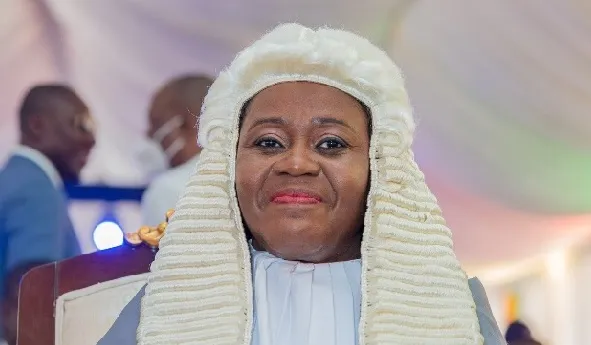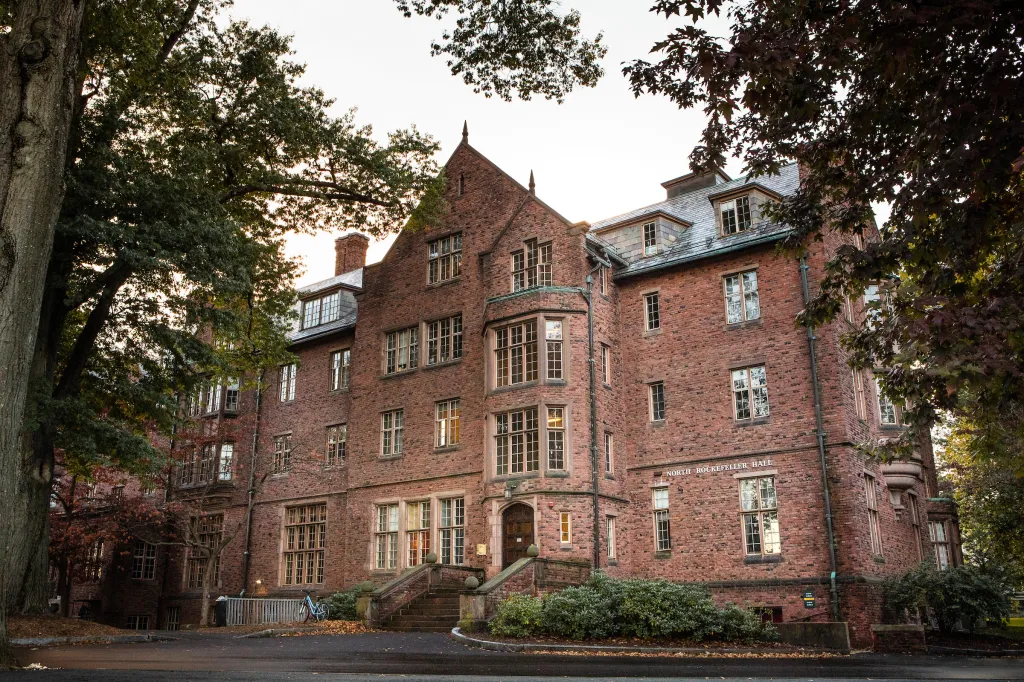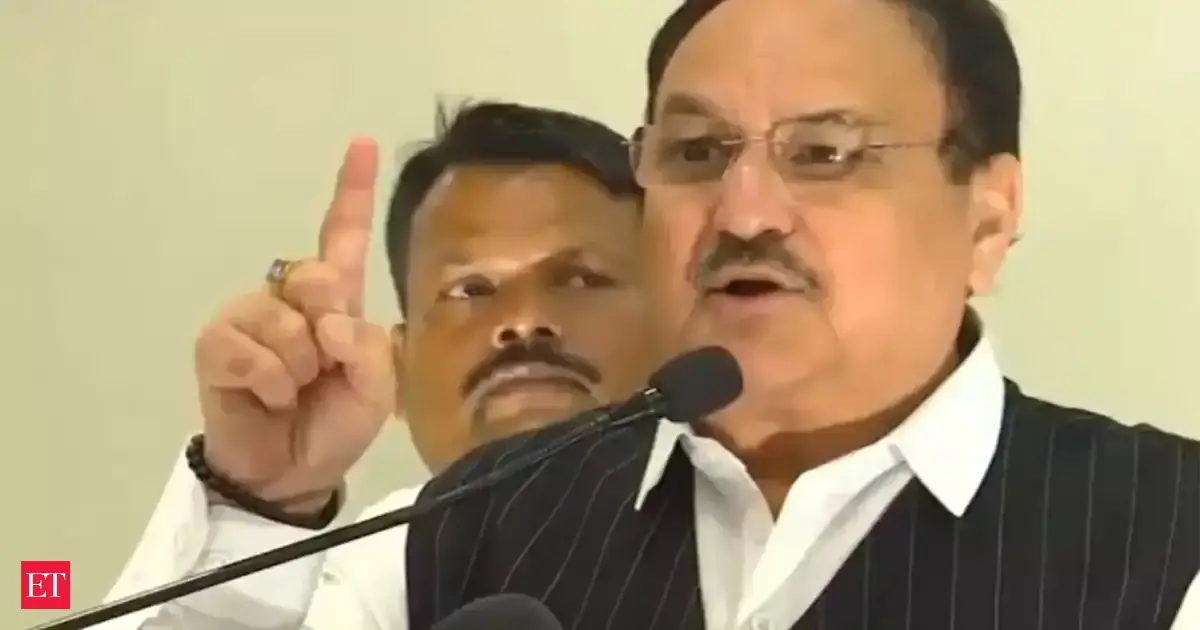Copyright gbcghanaonline

By: Nana Karikari, Senior Global Affairs Correspondent The constitutional crisis triggered by the September 1, 2025, removal of former Chief Justice Gertrude Torkornoo has escalated into an unprecedented high-stakes standoff between the executive and the judiciary. This confrontation centers on the constitutional finality of the removal process versus the fundamental principles of judicial independence, currently paralyzing the formal administrative succession of the country’s apex court. The crisis is anchored by a multi-pronged legal offensive launched by the former Chief Justice, testing the boundaries of the 1992 Constitution in both domestic and international courts. Genesis and Findings of the Article 146 Inquiry The process began in March 2025, when multiple citizen petitions invoked Article 146 of the Constitution, alleging “stated misbehaviour” against Chief Justice Torkornoo. The central accusation focused on the misuse of public funds, specifically authorizing unlawful expenditures like covering non-official travel expenses and per diems for her spouse and daughter. Following the challenge, President John Mahama suspended the Chief Justice in April 2025—an action the Supreme Court later upheld in May 2025—and appointed a five-member Committee of Inquiry chaired by Supreme Court Justice Gabriel Pwamang. The committee submitted its first report on September 1, 2025, concluding its work on only one of the initial complaints (that of citizen Daniel Ofori). Based solely on this finding—supported by a review of approximately ten thousand pages of evidence—the President was constitutionally obliged under Article 146(9) to act on the recommendation, leading to her immediate removal. While the proceedings were held in camera to safeguard reputations, Justice Torkornoo publicly cast doubt on the inquiry’s legitimacy before her dismissal, citing a “perversion of law, rules, and due process” that rendered the process unconstitutional. Her removal marks the first time a sitting Ghanaian Chief Justice has been removed through this constitutional mechanism. The Multi-Front Legal Counter-Offensive Following her removal, the former Chief Justice launched a vigorous legal challenge to halt the succession process. Her legal team has filed an action at the High Court specifically seeking to block the parliamentary vetting of her nominated successor, Justice Paul Baffoe-Bonnie, and to quash the proceedings of the removal committee entirely. This challenge to the removal’s legal basis is accompanied by a separate High Court suit filed on October 16, 2025, which contests the unlawful withholding of her salary, benefits, and entitlements post-removal. However, a High Court judge has since dismissed a key application filed by her legal team, effectively validating the nomination and allowing the vetting process to proceed. Crucially, Justice Torkornoo has internationalized the crisis by filing a suit before the ECOWAS Community Court of Justice. The international filing alleges violations of her fundamental rights and demands ten million dollars in compensation for reputational damage. This move escalates the matter, placing Ghana’s adherence to regional human rights standards under review and directly challenging the executive’s assertion that the issue must be determined domestically. Domestic Legal and Political Clash The legal actions have sparked a fierce debate over judicial review versus constitutional finality. Legal experts, including former Director of the Ghana School of Law, Kwaku Ansa-Asare, firmly argue that the Article 146 process is absolute, stating that the former Chief Justice is “bound by the Constitution” and her challenge “holds no legal weight.” This view is supported by the executive branch, with Deputy Attorney General and Minister of Justice, Dr. Justice Srem Sai, defending the process as a victory for judicial accountability, asserting that the President was required to “act in accordance with the recommendations of the committee.” However, this executive defense is countered by powerful criticism from both the judiciary and the political opposition. Former Chief Justice Sophia Akuffo publicly condemned the removal process as “completely unnecessary” and damaging to the institution, arguing the allegations “lack the gravity” to warrant such an extreme measure. The main opposition New Patriotic Party (NPP) formalized its political dissent on Tuesday, October 21, with the Minority Caucus in Parliament declaring the action “unconstitutional” due to lack of transparency. The Minority Leader, Alexander Afenyo-Markin, escalated the political stakes by linking the precedent to a direct threat to the independence of other constitutional bodies, stating that the process “endangers every independent constitutional body: the Auditor General, the Electoral Commission, the National Commission for Civic Education, and even the Public Services Commission could be targeted.” Meanwhile, Speaker of Parliament Alban Bagbin has formally referred President Mahama’s nomination of Justice Paul Baffoe-Bonnie, the most senior judge on the Supreme Court, to the Appointments Committee for vetting. International Scrutiny and Lasting Precedent Beyond domestic political divisions, the removal faced sharp criticism from the broader legal community. The Ghana Bar Association (GBA), the Commonwealth Lawyers Association (CLA), and the Bar Council of England and Wales all raised significant concerns regarding due process and the potential erosion of judicial independence. The CLA stressed that “Political considerations, and particularly political interference, should have no place in this process,” reflecting a global alarm over the potential threat to the separation of powers. As Parliament proceeds with the vetting of Justice Baffoe-Bonnie—who has been acting in the role since April 2025—the legal battles will ultimately compel the Supreme Court of Ghana to rule on the legality of the very constitutional mechanism intended to police its members. The final judgment will set an indelible precedent for the true security of tenure for all superior court judges and fundamentally redefine the delicate balance between judicial accountability and judicial independence in Ghana’s Fourth Republic.



